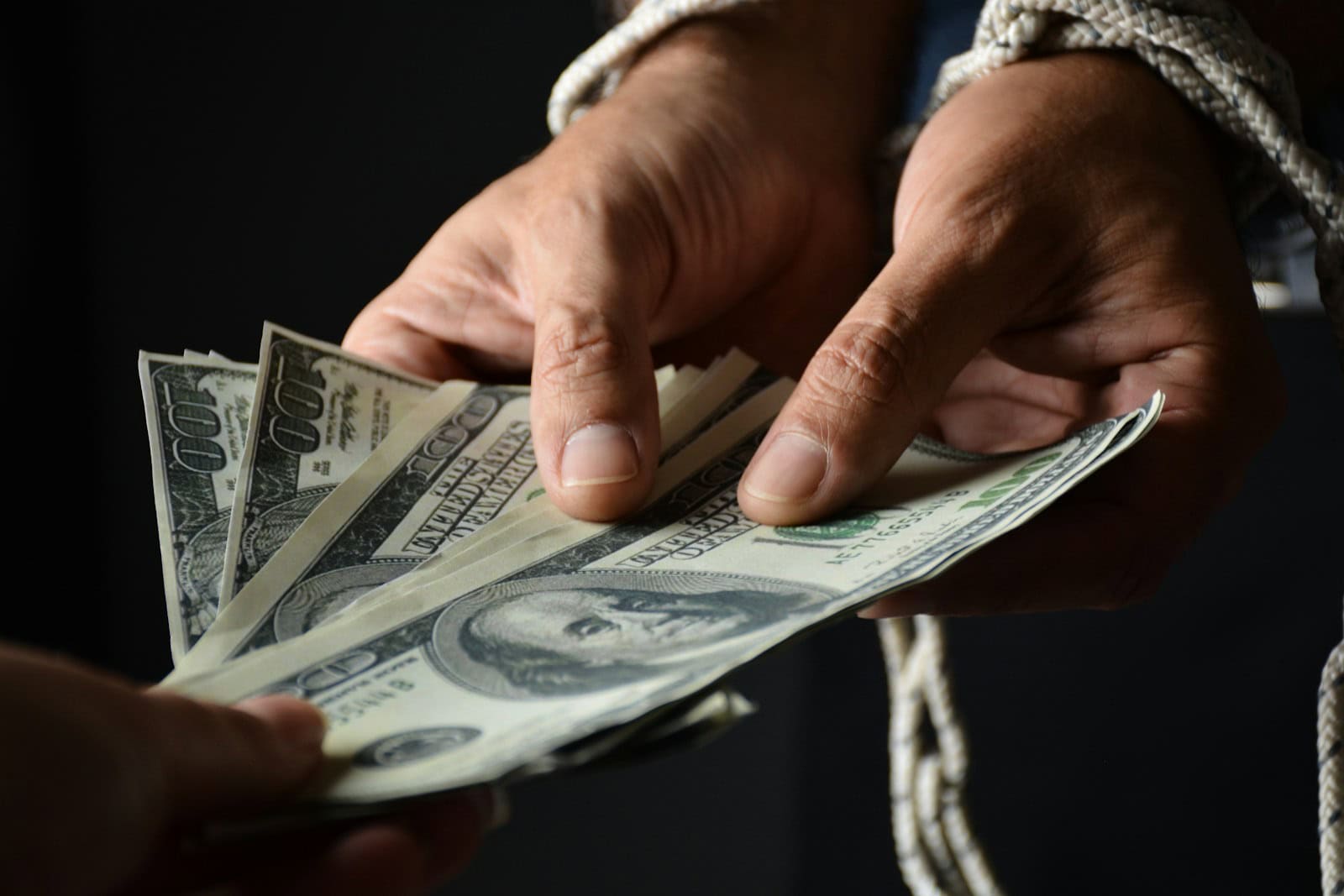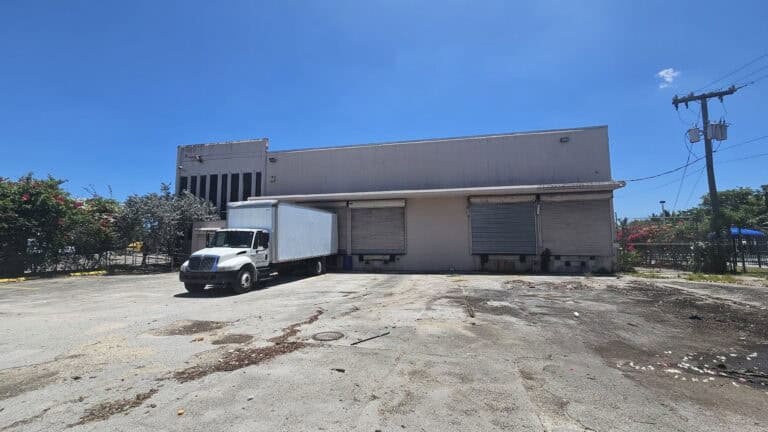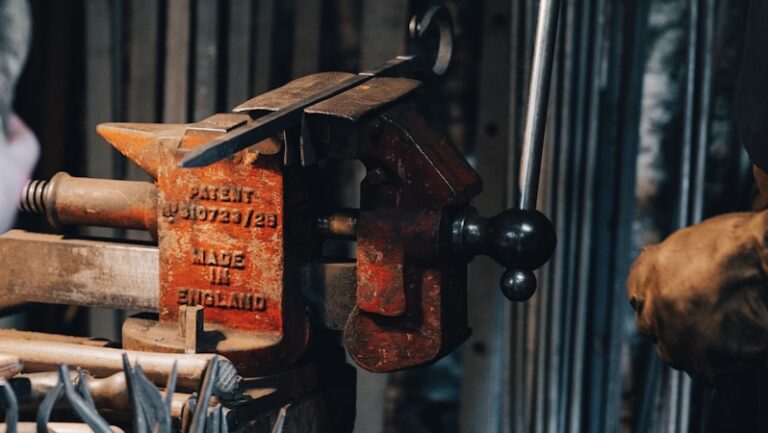Understanding Cash-In Refinances for Commercial Properties
As a commercial real estate investor, you may have come across the term “cash-in refinance” and wondered what it entails. A cash-in refinance is when you make a lump sum payment towards the principal balance of your existing commercial mortgage in order to refinance into a new loan with a lower principal amount.
Yes, that is essentially buying your property again!
While a cash-in refinance can provide some benefits like lowering your monthly payments or helping you qualify for better loan terms, it’s generally not an ideal situation for commercial property owners.
Here’s why you should aim to avoid cash-in refinances:
Ties Up Valuable Capital
A major downside of doing a cash-in refinance is that it requires tying up a significant amount of your capital into your property’s mortgage. [citation:8] As a commercial investor, having liquid capital available is crucial for taking advantage of new opportunities, handling unexpected expenses, or executing renovations/improvements to drive more income from your asset. Putting a large sum towards your loan principal restricts your financial flexibility.
Incurs Hefty Closing Costs
Like any refinance, a cash-in refinance comes with closing costs that can amount to 2-6% of the new loan amount in fees. [citation:8] Between lender fees, appraisal costs, legal fees and more, these closing costs can easily run into the tens of thousands of dollars that ultimately reduce the benefit of lowering your principal balance.
Resets the Amortization Schedule
When you refinance a commercial mortgage, you’re essentially restarting the loan amortization timetable over the new loan term. So if you’re 10 years into a 25-year amortization schedule and refinance into a new 25-year term, you’ve just added 15 more years of making payments compared to if you held the original mortgage.
Depending on the terms of your current commercial mortgage, doing any kind of refinance could trigger prepayment penalty fees. These penalties are meant to compensate the lender for the interest they would have earned if you held the loan for the full term. Prepayment penalties can amount to a percentage of the remaining loan balance, which could wipe out any potential savings from the cash-in refinance.
How to Avoid Cash-In Refinances
The ideal scenario is to secure optimal commercial mortgage terms from the start and avoid having to do a cash-in refinance down the road. Here are some tips:
- Build a strong loan package showing your experience, net worth, credit profile and the property’s income potential. Lenders
wantneed to see you can service the debt. - Put as much equity down as possible, ideally 30-40% at a minimum. This shows your stake in the deal and helps qualify for lower rates.
- Shop around and get quotes from multiple capital sources – banks, credit unions, agencies, debt funds etc. Don’t just take the first offer.
- Negotiate lender fees and understand all the closing costs before locking in a loan.
- Opt for longer amortization periods of 25–30 years to minimize your payments.
- Avoid prepayment penalties by checking the loan terms and negotiating their removal.
If you’ve already closed on a less-than-ideal commercial mortgage, it’s still advisable to hold that loan as long as possible rather than sacrificing cash flow for a cash-in refinance. Consider strategies like second mortgages or supplemental loans to access capital from your property’s equity when needed.
Call Our Team Today to Discuss Better Options
Don’t let a cash-in refinance derail your investment’s profitability and tie up your capital unnecessarily. Reach out today to avoid cash-in refinances and discuss your options.





